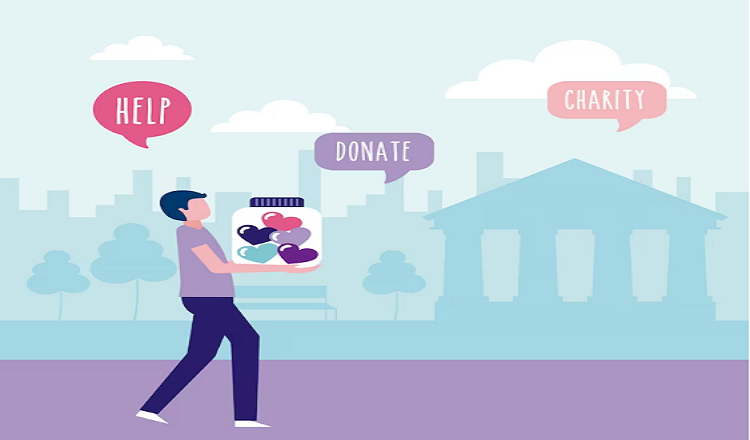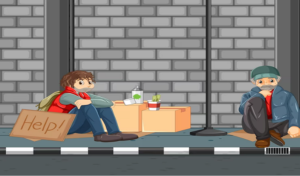Examining the failure of the welfare system to combat poverty

Introduction
Welfare programmes were made to help fight poverty by helping people who are suffering from its effects. But, despite all the work that states and other groups have done, poverty is still a big problem all over the world. This piece looks at the problems with the welfare system and why they happen.
How the welfare system works at its core
The welfare system is a complicated set of policies and programmes that are meant to help poor people and their families. The only reason for these programmes is to help poor people get the help they need so they can get out of poverty. Food stamps, help with housing, jobless benefits, Medicaid, and other social services are some of the programmes that are part of the welfare system.
Why the welfare system didn’t work
Even though the aid system has tried hard to fight poverty, it has not been able to reduce the number of people who live in poverty. Over the years, the number of people and families living in poverty has continued to rise, which shows that the welfare system isn’t helping people as much as it should.
Why they didn’t succeed
There are a number of reasons why the welfare system hasn’t worked to get people out of poverty. One of the main reasons is that governmental inefficiency often makes it take longer for people who need help to get it. Another reason is that there are strict qualifying requirements that make it hard for many people to get help.
Problems with the way government works
People often have to wait longer for services because the aid system is so bureaucratic and slow. People who live in poverty have to sort through a lot of paperwork and eligibility requirements, often without much help or direction.
Tough Rules for Eligibility
Many welfare programmes have made it hard for people who need help to apply because they have strict rules about who can join. For example, people who earn just one dollar more than the limit for getting food stamps may not get any help at all.
Welfare Dependency
Dependence is another problem that has hurt the support system and made it fail. Many people who get help from welfare don’t use it as a temporary fix to help them get back on their feet. Instead, they become dependant on it.
Need for Change
Since the welfare system hasn’t helped people get out of poverty, it needs to be changed. Policies need to be made that deal with the reasons why people are poor instead of just helping those who are already suffering.
Conclusion
The welfare system is a key tool for fighting poverty, but it hasn’t worked as well as it should have. The system needs a complete makeover to make it more effective, quick, and helpful to those who need it the most. It’s time for people to start looking at the war on poverty from new angles instead of the same old ones.
One Last Thing
In the end, the welfare system has not been able to solve the problem of chronic poverty. Even though they had good goals, welfare systems around the world have failed because of things like inefficient bureaucracy, strict eligibility requirements, dependence on welfare, and the lack of reform. Everyone in government and civil society has a responsibility to bring about real, long-lasting change that helps those who need it most.
Read More You May Like:








